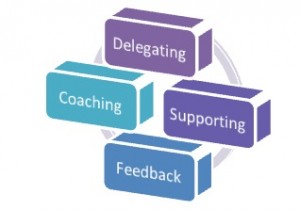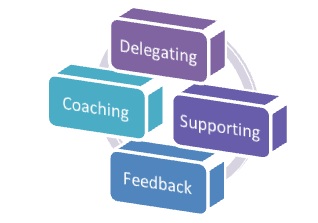Performance Management or Bullying – people skills make all the difference and there is nothing soft about them!
 Recently I’ve been engaged in few conversations with various people about the wrath of the Fair Work Commission and how carefully and fearfully many now tread as employers of people. It was with great relief and pleasure I listened to David Bates from Workforce Guardian – a qualified lawyer demystify the Fair Work Act – at the Smithink 2020 Young Guns Workshop up on the Gold Coast. I too was speaking at the workshop and managed to create 1:1 time with David to truly explore a couple of issues.
Recently I’ve been engaged in few conversations with various people about the wrath of the Fair Work Commission and how carefully and fearfully many now tread as employers of people. It was with great relief and pleasure I listened to David Bates from Workforce Guardian – a qualified lawyer demystify the Fair Work Act – at the Smithink 2020 Young Guns Workshop up on the Gold Coast. I too was speaking at the workshop and managed to create 1:1 time with David to truly explore a couple of issues.
I was thrilled to hear him talk about the five steps to attract and retain great people and one of these steps was to “manage well” . He went on to tell us this means engaging in “reasonable managerial action”. Do this and it cannot be interpreted as “bullying”. This affirms for me again that people skills are not the soft skills – they are the tough performance management conversations required of people who manage others.
Managers and leaders get themselves into trouble with the Fair Work Act where they have put up with poor performance for a long period of time, something shifts to push the situation just that little bit too far and they decide to take tough action. David explained how this is where you run the gauntlet of being perceived as “bullying” – because you have put up with poor performance for a long time and depending on how you position the “trigger” that drove your decision to now deal with the person and their performance – there is increased chance of bullying perceptions especially if you attack a “protected personal attribute”.
During our engaging conversation we explored the criticality of regular performance conversations with employees – people skills are not the soft skills – they are the “hard” conversations too many of us avoid and consequently individual accountability is missing.
I reiterate the importance of the four leverage cycle conversations – the velocity and veracity of these conversations creates the kind of accountability every manager needs of their employees for performance.
The conversations are regular and real – they cover the tough issues and bring honesty and clarity. These conversations are deemed “reasonable managerial action” and according to David are rarely perceived as bullying. And this is especially the case if you can demonstrate the training provided to your managers to prepare them to engage in such conversations.
I see too many leaders going into fear to protect themselves from bullying accusations – documenting everything, getting lawyers involved in convoluted contracts that have people on the receiving end of them feeling the lack of trust and wondering what they are signing up for when coming to work with you; and in too many cases just not having tough conversations at all – tip toeing around employees, putting up with poor performance and increasing their own workload or the workloads of those employees who are high performers.
Having managers with the confidence, conviction and courage to use people skills means the tough conversations are engaged in, individual accountability is assured and high performance is inspired. So, rather than investing in “protecting” yourself by spending money with lawyers and contracts; invest in developing the “people skills” of your managers.







